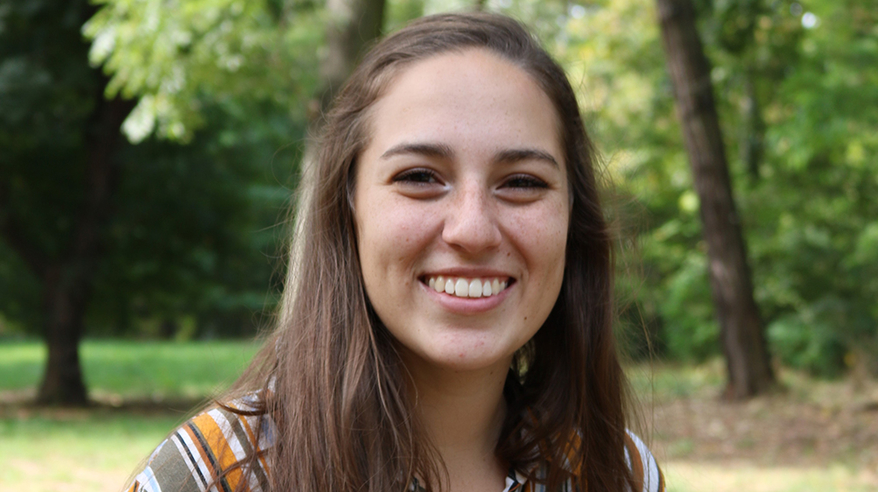
In recent years, "sustainability" has become a trendy word that we encounter more and more often in everyday life. Industry advertises sustainably produced products, and environmental awareness is also on the rise among the general public. Recycling, buying unpacked food or cycling to work are small steps in the right direction. But what else can be done to leave an intact and livable planet for future generations?
With the Sustainability Certificate, NAO for short, the University of Magdeburg offers an additional study program that serves as a profile deepening for a study program as well as a professional qualification. The program is overseen by the Chair of Political Science with a Focus on Sustainable Development. "The introduction of the certificate is thanks to the commitment of the 'Sustainability Forum', a group of professors and academic staff at Magdeburg University who are committed to sustainable university development and have recognized that we need to equip young people with specific knowledge and skills so that they are able to help shape society and the environment for the future," says Juliana Hilf, research assistant and coordinator of the project.
With the certificate students should then be able to make sustainable decisions for action, recognize problems of undesirable developments and react to them. To achieve this, they take part in at least three courses from different module areas. As is usually the case in the course of studies, the participants must pass examinations in order to collect at least 20 credit points.
Linda Koch didn't just take the sustainability certificate out of personal interest. She studied for a master's degree in "Peace and Conflict Studies" at the University of Magdeburg and also wanted to take a closer look at the topic for professional reasons. "That's why I also chose the master's program, because I was able to take various seminars on sustainable development in the elective areas 'Sustainable Development and Resource Management' and 'Global Justice' and thus create a focus for my studies," she says. She acquired the sustainability certificate "to further deepen my knowledge and to be able to present my focus more clearly in job applications thanks to an additional certificate.
Karla Ruiz-Hussmann, who earned her master's degree in "Sustainable Energy Systems" at the university, was also able to use the sustainability certificate to further her professional education beyond her studies. "The sustainability certificate also helps me in my everyday professional life. At the moment, I am doing my doctorate at the University of Magdeburg in the technical field, in which sustainability also plays a major role. Through the events, I look at the topic from a completely different perspective," says the doctoral student.
 Karla Ruiz-Hussmann was one of the first to receive the sustainability certificate. (Photo: private)
Karla Ruiz-Hussmann was one of the first to receive the sustainability certificate. (Photo: private)
Linda Koch, who is now a research assistant, adds: "The group work in the very interdisciplinary seminars was particularly instructive for me, as I got to know very different aspects and perspectives. Experiencing for myself the benefits, but also the challenges, of working together across disciplines helps me to put this into practice."
The two graduates are among the first to receive the sustainability certificate at Magdeburg University. They agree that the course has given them new perspectives on sustainability and would therefore recommend it to other students. "Anyone who is fundamentally interested in the topic will have fun in the events and also take away a lot," Karla Ruiz-Hussmann is certain.
